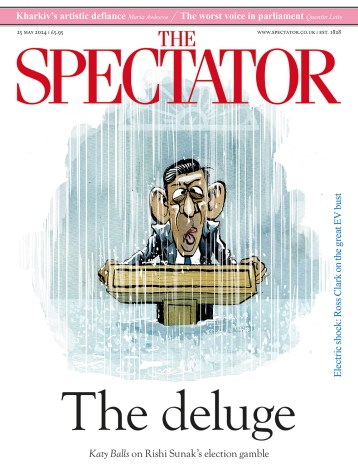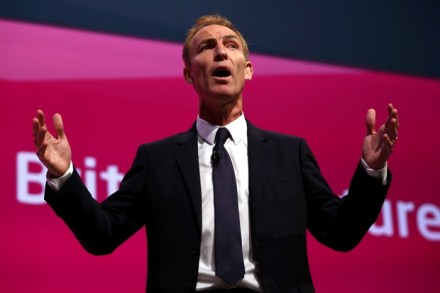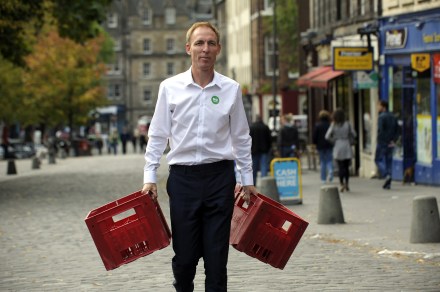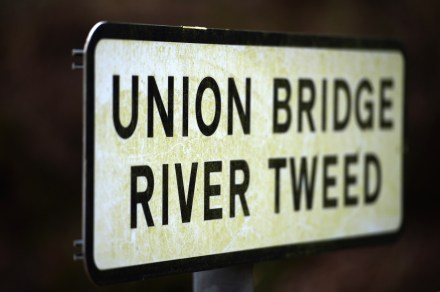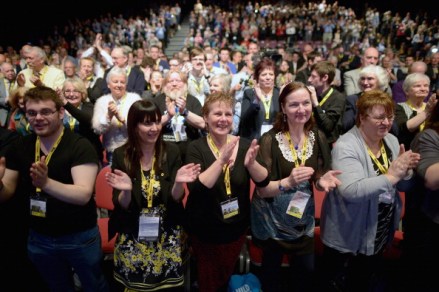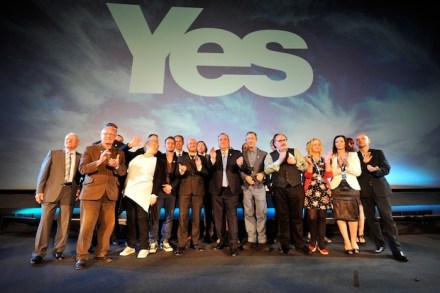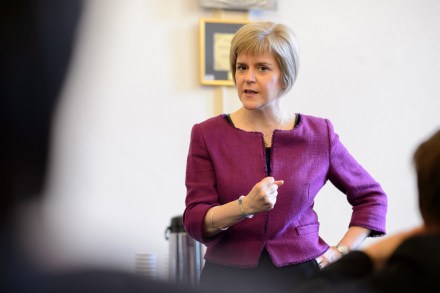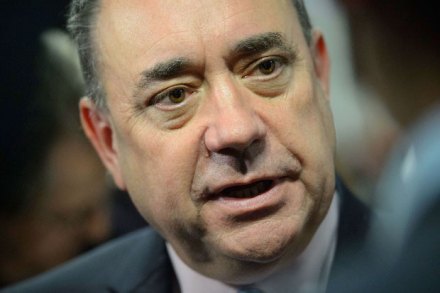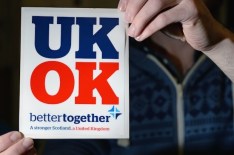Educational apartheid is Scotland’s greatest national disgrace
A while back I was speaking at one of those How did it all go so wrong? post-referendum discussions and, as expected, the air was thick with recrimination. The good people of Glasgow – rebranded as Yes City – were unhappy and indignant. Eventually, however, talk turned to what might be done next. I made the suggestion that, just perhaps, Scotland’s political and blethering classes might pay some attention to the powers the Scottish parliament currently enjoys. I mean, I said, it is not as though there are no big arguments to be had within the confines of Holyrood’s truncated responsibilities. Not as though there are no large problems that


